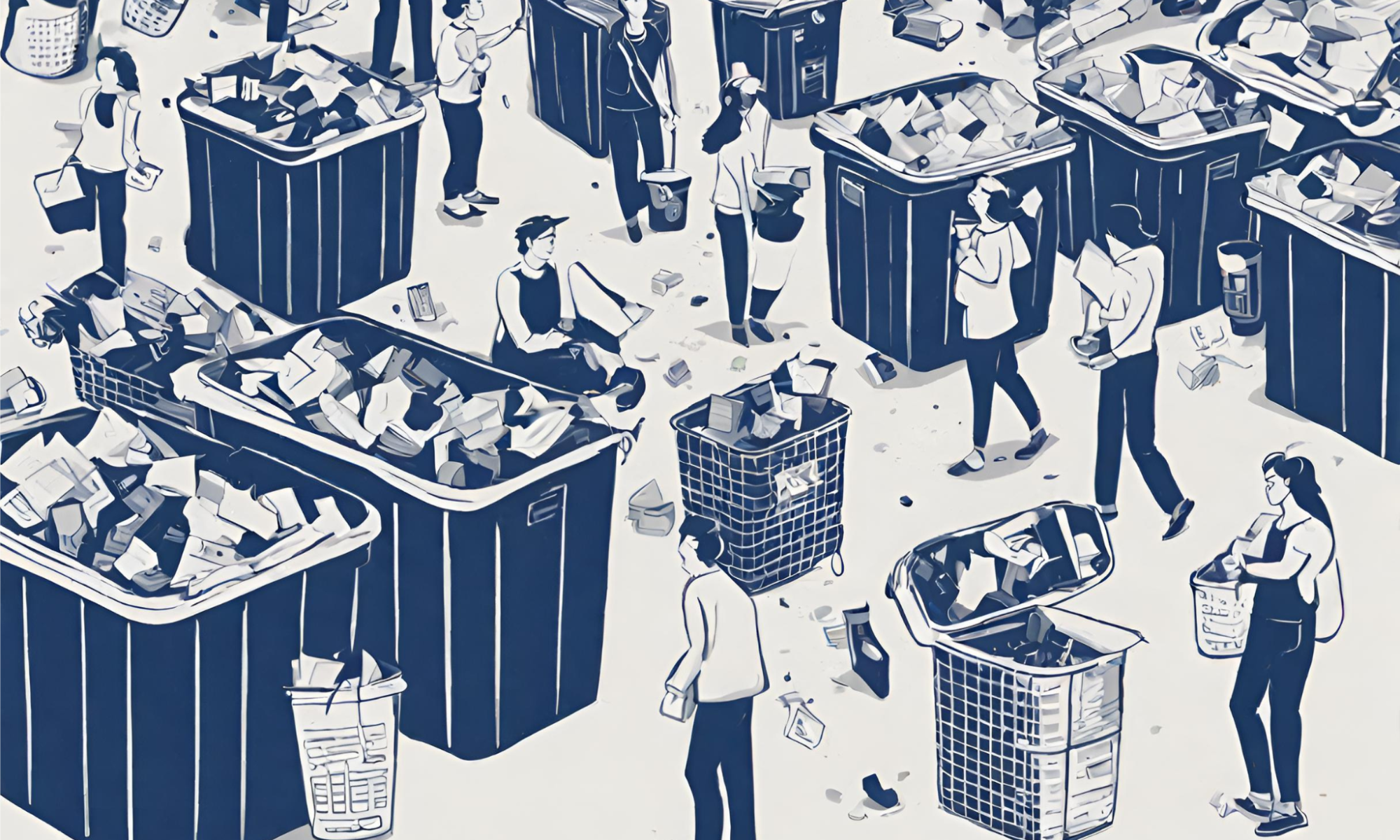Electrical and electronic equipment have become some of the products with a significant ecological footprint during their manufacturing and assembly processes. The various circuits/components found in our devices require the use of our natural resources. It should be noted that when these devices reach the end of their life, they can also have a detrimental environmental impact if not properly handled. One of the relevant solutions for a better future for our planet is therefore recycling.
In Mauritius, a professional in the WEEE waste sector has been active since 1994: the company BEM Recycling, based in La Chaumière.
Understanding WEEE: What is it?
WEEE refers to end-of-life devices such as large and small household appliances, computer and audiovisual equipment, as well as batteries and cells.
To understand the effective recycling process, one must first understand the components found in these devices when they are at the end of their life. The production of these different components requires metals that are becoming increasingly scarce due to massive mining of resources. The recovery of these minerals/resources is essential through the process of urban mining. This method involves transforming this waste into new secondary materials to save primary and natural resources.
The Role of WEEE Generators
The main generators of WEEE are households and professionals: they are the key players in the recycling chain. The goal is to convey lasting values for our future generations and the communities where collective action is being promoted to realize the importance of recycling. This also applies to raising awareness and education by highlighting rights and responsibilities at all levels.
Concrete Actions by WEEE Generators for Effective Recycling
Everyone is called upon to adopt a new consumption model. For example, moving away from the foundation of cultural obsolescence to end overconsumption, or turning to repairable products with a long lifespan.
Reuse is also recommended, by donating to other users. The second-hand market should also be encouraged for its multiple benefits: reusing at a lower cost, reducing waste, supporting the circular economy, and extending product lifespan.
For devices and equipment that are not suitable for reuse, recycling is the most economical and ecological solution. In this regard, in Mauritius, you can contact BEM Recycling for WEEE. Several drop-off points have been established across the island with strong partnerships such as: The Good Shop Calebasses, The Good Shop Petite Rivière, The Good Shop Moka, The Good Shop Curepipe, and The Charity Centre Tamarin. However, due to a lack of legislation, there is a charge for dropping off items.
Extended Producer Responsibility (EPR)
For recycling to have a greater impact, it must go hand in hand with the concept of Extended Producer Responsibility (EPR). The principle is for the manufacturer and distributor to take responsibility for the end-of-life of the product. It is a system of foresight and waste management organization, integrating recycling costs into the production costs at the source.
Benefits of Active Participation in Recycling
Recycling is a sustainable solution to protect our environment and reduce our ecological footprint in the long run. It allows for the conservation of natural resources, reduced energy consumption, prevention of secondary pollution, and harmful emissions. Moreover, it brings beneficial effects to the economy, such as job creation and support for the local community. This adds to the heightened collective consciousness to recycle.
Challenges to Overcome
Although recycling is beginning to gain traction in today’s society, several obstacles still hinder its evolution. For instance, there are misconceptions about recycling, such as underestimating the impact of each action. Additionally, a lack of information and accessibility is still a barrier for households and businesses.
Mass communication and providing public support measures remain key actions to address these challenges.
